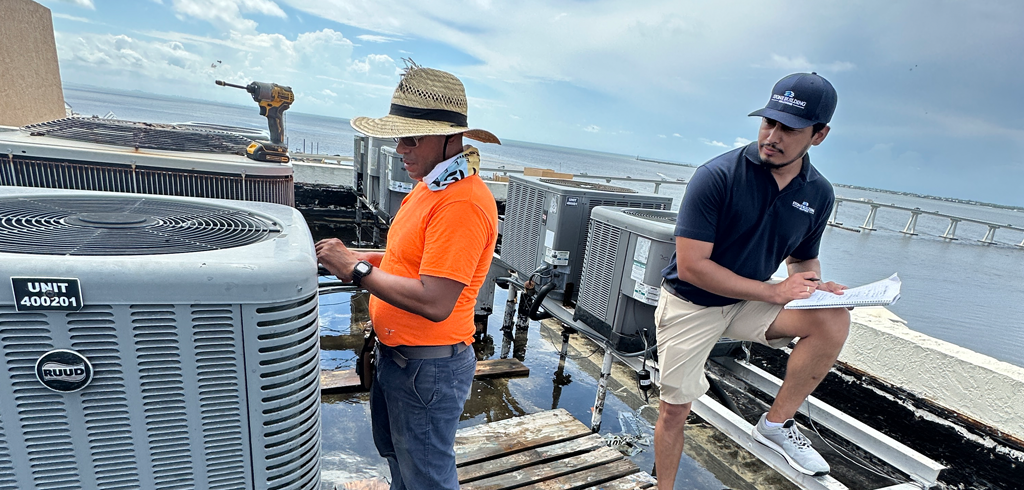How Building Envelope Inspections Can Prevent Costly Repairs

Imagine finding out that a small leak in your building has silently caused thousands of dollars in damage over time. The consequences of neglecting regular inspections can be financially devastating. Building envelope inspections are a critical part of maintaining the integrity of a structure, as they identify potential vulnerabilities before they become expensive problems.
What Is a Building Envelope?
A building envelope is the physical barrier that separates the interior from the exterior of a building. This barrier includes the roof, walls, windows, doors, and foundation. The primary function of the building envelope is to protect the interior from environmental elements such as rain, wind, and temperature extremes. It also plays a major role in regulating energy efficiency by minimizing heat loss in winter and heat gain in summer.
Why Building Envelope Inspections Matter
Regular building envelope inspections are essential for detecting issues early, ensuring that small problems don’t escalate into major repairs. Over time, natural wear and tear, weather conditions, and poor construction can compromise the building envelope. Cracks, leaks, and other defects can develop, leading to water infiltration, mold growth, and structural damage.
Inspections involve a thorough assessment of the building’s exterior, identifying areas of concern, and recommending necessary repairs. This proactive approach helps property owners maintain the value of their investments and avoid the high costs associated with extensive repairs.
Common Issues Detected During Inspections
- Water Infiltration: One of the most common problems in buildings, water infiltration can lead to mold growth, rot, and structural damage. Inspections can identify sources of leaks, such as damaged roofing or improperly sealed windows.
- Air Leaks: Air leaks can significantly affect a building’s energy efficiency, leading to higher heating and cooling costs. Inspections can pinpoint areas where air is escaping or entering, such as gaps around windows and doors.
- Structural Cracks: Over time, buildings can develop cracks in walls and foundations, which may indicate deeper structural issues. Regular inspections can detect these early and suggest necessary repairs to prevent further damage.
- Poor Insulation: Inspections can reveal inadequate or deteriorating insulation, which affects energy efficiency and comfort. Addressing insulation issues can lead to significant savings on energy bills.
- Deteriorated Materials: Exterior materials, such as siding and roofing, can deteriorate over time due to exposure to weather elements. Inspections can identify areas that need repair or replacement, preventing more extensive damage.
Benefits of Regular Building Envelope Inspections
Regular building envelope inspections offer several benefits, including cost savings and peace of mind. By identifying and addressing issues early, property owners can avoid the expensive repairs associated with neglect. Maintaining a well-functioning building envelope enhances energy efficiency, leading to lower utility bills and a reduced environmental footprint.
Inspections also protect the health and safety of occupants by preventing mold growth and structural failures. Ensuring a building is secure and well-maintained boosts its market value and appeal to potential buyers or tenants.
Maintain Structural Integrity with Our Expert Inspections
At Stone Building Solutions, we specialize in comprehensive building inspections that safeguard your property from costly repairs. Our team of experts conducts thorough assessments, identifying potential vulnerabilities and providing actionable solutions to maintain your building’s integrity.
With our detailed inspection reports and professional guidance, you can confidently manage your property’s maintenance needs and avoid unexpected expenses. Contact us today for a consultation, and let Stone Building Solutions be your partner in preserving your property’s value and safety.
